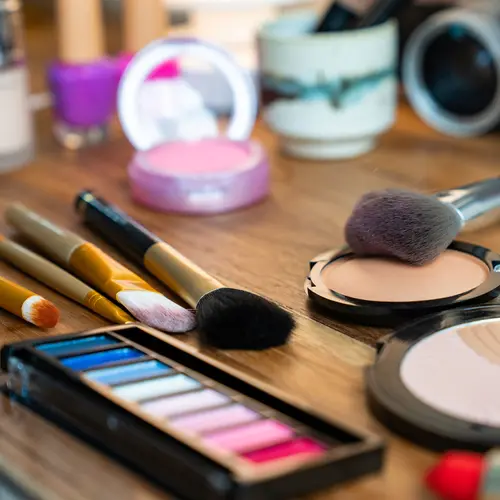When you see a bottle of aloe vera gel, it may remind you of the beach and a bad sunburn. The aloe vera plant has been used for centuries as a natural medicine and skin moisturizer. It was also used as a laxative in the United States until the 1930s when doctors discovered that it could help treat severe radiation dermatitis.
It helps cool sunburned skin, but is aloe vera safe to use as a daily moisturizer?
What Is Aloe Vera?
Aloe vera is a plant used in health care products. It makes a yellow latex and clear gel.
In years past, if you were constipated, a doctor might have suggested taking aloe latex by mouth to relieve your symptoms. But there's evidence that this form of aloe may be bad for the kidneys, so it’s no longer recommended as a laxative.
The clear gel is used in ointments, creams, and gels to treat burned skin, reduce acne, and soothe psoriasis.
Benefits of Aloe Vera
In addition to moisturizing the skin, aloe vera gel can ease or soothe conditions like.
Frostbite. Aloe vera gel can help your skin in hot and frigid weather. If your skin is damaged from a mild case of frostbite, aloe vera gel may help your tissues regrow more quickly and boost healing.
Cold sores. If you have a cold sore, you can put a small amount of aloe vera gel on it several times a day. It can soothe pain and help your skin cells regrow more quickly to shorten the infection.
Psoriasis. Psoriasis causes red, scaly patches on the skin, which can be itchy and sore. Aloe vera gel can provide relief. Doctors suggest using products with at least 0.5% aloe.
Blood sugar levels. If you have diabetes or high blood sugar, a glass of aloe vera juice may help balance your blood glucose levels.
Oral lichen planus. Research suggests that applying aloe vera gel twice a day for 2 months may reduce the symptoms of oral lichen planus, an inflammatory condition in your mouth.
Aloe Vera Benefits for Skin
The benefits of aloe vera extend far beyond soothing a sunburn.
Healing wounds. Aloe vera increases collagen in wounds and scar tissue to help the skin heal faster.
Protects against skin cancer. Aloe vera may prevent UV and gamma radiation damage. However, aloe vera is not a substitute for sunscreen.
Anti-aging effects. Humectants in aloe vera bind moisture to the skin. Using it as a moisturizer can help stimulate both collagen and elastin fibers, boosting the elasticity of your skin. This could mean fewer fine lines and wrinkles.
Safety and Potential Side Effects
It’s possible to use too much aloe vera as a moisturizer. Aloe has enzymes that act as exfoliants. Too much may lead to excessive oil or dryness.
Less is known about the health effects of consuming aloe vera gel or juice. Oral forms of aloe may cause stomach cramps and diarrhea. It may also keep your body from absorbing medications the way it should.
Possible Interactions
Aloe vera gels and creams are generally safe for your skin and overall health. Drinking or consuming an aloe supplement could be harmful if it doesn't mix well with a medication or supplement you take. Consuming aloe vera might also:
- Slow blood clotting and lead to increased bleeding if you take anticoagulants and anti-platelet drugs, herbs, and supplements
- Lower blood sugar levels if you take drugs for diabetes
- Decrease your body's absorption of oral medications
- Overstimulate your bowels if you use aloe vera as a laxative
- Lower potassium levels significantly if you take diuretics or water pills
If you want to try an aloe vera supplement or juice, talk to your doctor first to make sure it won't affect any other medications you're taking.


